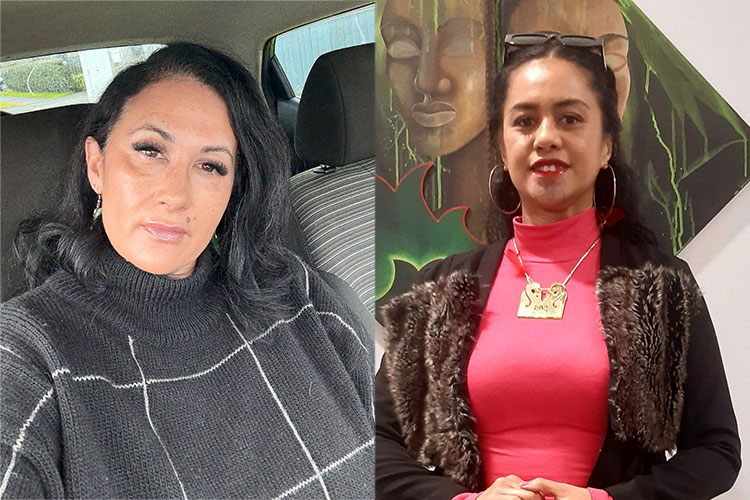Sara Kinred knows what it looks like when Māori in the mental health and addictions sector aren’t served the way they want - or deserve to be.
“It’s not always a beautiful experience for our Māori,” she says.
So she’s doing something about it.
Sarah leads the cultural advisory team at Whītiki Maurea for Waitemataa District Health Board’s Māori Mental Health and Addiction Services and is studying towards the Post-Graduate Diploma in Bicultural Supervision with Te Wānanga o Aotearoa.
The programme helps tauira develop their own kaitiakitanga model of professional supervision - underpinned by Māori pedagogy - and integrate it into their professional practice.
She wants to use her qualification to show others working in the sector – both Māori and non-Māori – how to work with Māori to ensure their mana and integrity are upheld from both a clinical and a Māori worldview.
“My plan is to educate the world, both Māori and non -Māori within the hauora sector, mental health and addictions. I want to change mindsets, plant seeds and give clinicians the opportunity to see things through a Māori lens,” she says.
Sarah - Ngāti Whātua, Waikato-Tainui, - was recently awarded the Te Hiringa Scholarship for Social Services and Education by the Aotearoa Scholarship Trust and says it will be a big help with her study fees.
She works alongside her clinical counterparts and says while they have a good working relationship, the systems they work within means it remains a “work in progress”.
“Helping educate others means more Māori lives will be treated more effectively, leading to better outcomes for whānau. Our people should get the sort of service they want and we should acknowledge how they choose to be served.”
She says the Post-Graduate Diploma in Bicultural Supervision is an ideal programme for people working in the hauora sector to develop their cultural awareness and help cement another lens and this will in turn help with personal and professional growth.
“Because the courses foundations are unapologetically from a Māori world view, I tell my colleagues if they want to do a postgrad supervision paper, this is the one to do. It is bicultural but you determine what that biculturalism is for you.”




































